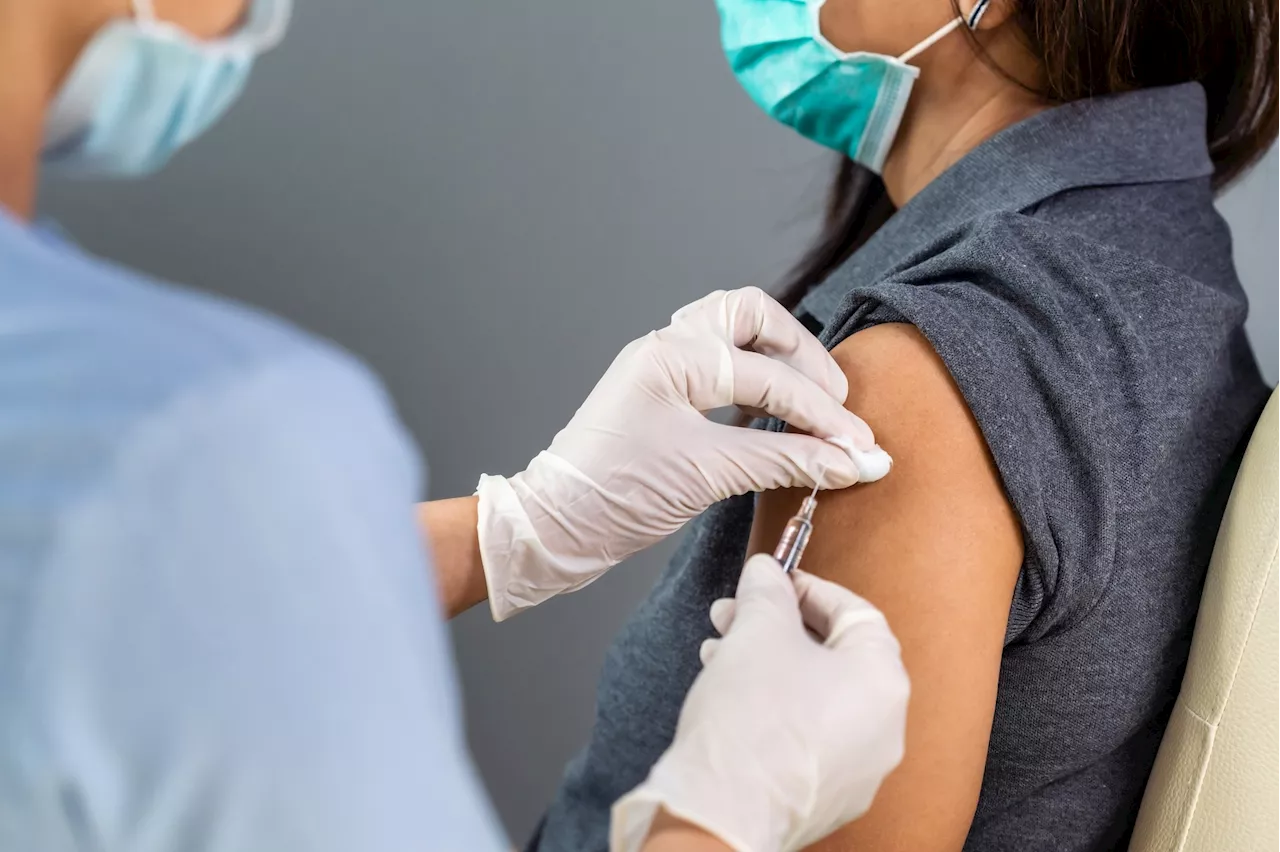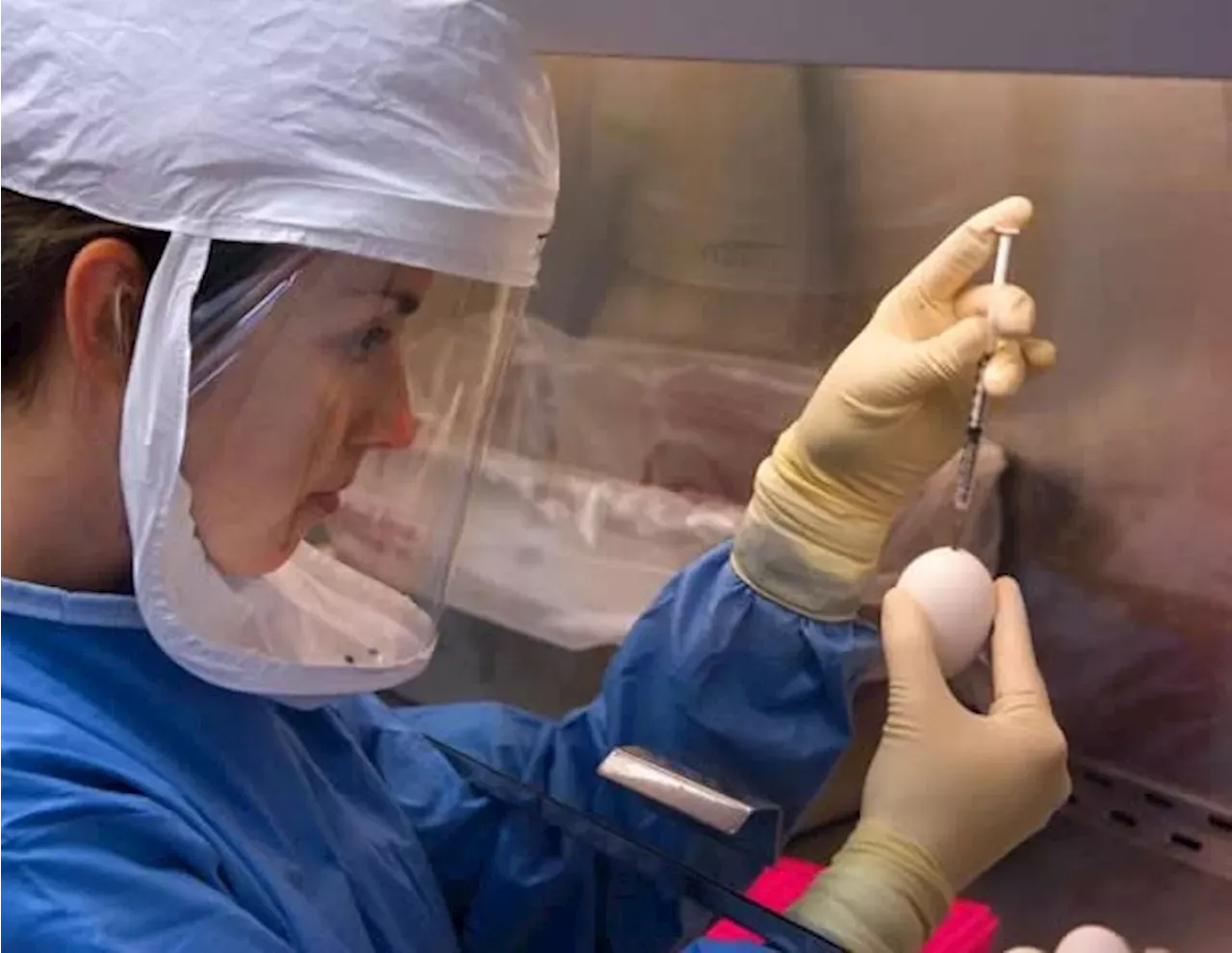This study explores the extent to which pediatric health care was interrupted during and as a result of the COVID-19 pandemic.
Mar 25 2024American Academy of Family Physicians This was measured based on three primary outcomes of interest: foregone care, foregone well-child or vaccination-related visits, and complete absence of well-child or vaccination-related visits. Researchers extracted data from a nationwide longitudinal survey known as CovEx that had been administered in two "waves'' to a cohort of parents of children between five and 12 years of age.
Almost one-third of children in the cohort had not had a well-child or vaccination-related visit in over one year, making up the largest percentage among the three primary outcomes of interest. Among the other two measured gaps, 16.3% of children in the cohort had foregone care and 10.9% had foregone well-child or vaccination-related visits.
What we know: Health care barriers such as racism and low socioeconomic status continue to disproportionately affect specific populations. The COVID-19 pandemic only compounded these issues, once again affecting the same populations to disproportionate heights and making access to health care even more difficult. This study reiterates how, due to the COVID-19 pandemic, pediatric patients missed routine appointments, with racial disparities increasing this risk.
United Kingdom Latest News, United Kingdom Headlines
Similar News:You can also read news stories similar to this one that we have collected from other news sources.
 COVID-19 linked to long-lasting cognitive deficits, study findsStudy in England suggests that COVID-19 may lead to long-term cognitive deficits, with more severe impacts observed in individuals infected early in the pandemic or with prolonged symptoms.
COVID-19 linked to long-lasting cognitive deficits, study findsStudy in England suggests that COVID-19 may lead to long-term cognitive deficits, with more severe impacts observed in individuals infected early in the pandemic or with prolonged symptoms.
Read more »
 Major study reveals COVID vaccines protect against serious cardiac events post-infectionThe impact of SARS-CoV-2 vaccination on thromboembolic and cardiovascular complication risk.
Major study reveals COVID vaccines protect against serious cardiac events post-infectionThe impact of SARS-CoV-2 vaccination on thromboembolic and cardiovascular complication risk.
Read more »
 New Study Suggests Covid-19 Originated in a LabScientists in Australia suggest that Covid-19 is more likely to have had an ‘unnatural’ origin than a ‘natural’ one, according to a new study. The research team used the Grunow-Finke assessment to create a likelihood scale for possible pandemic causes, with the virus having an ‘unnatural’ origin being one of the strongest indications.
New Study Suggests Covid-19 Originated in a LabScientists in Australia suggest that Covid-19 is more likely to have had an ‘unnatural’ origin than a ‘natural’ one, according to a new study. The research team used the Grunow-Finke assessment to create a likelihood scale for possible pandemic causes, with the virus having an ‘unnatural’ origin being one of the strongest indications.
Read more »
 Covid-19 lab leak 'most likely' cause of the pandemic, new study showsDebate continues over where the virus came from.
Covid-19 lab leak 'most likely' cause of the pandemic, new study showsDebate continues over where the virus came from.
Read more »
